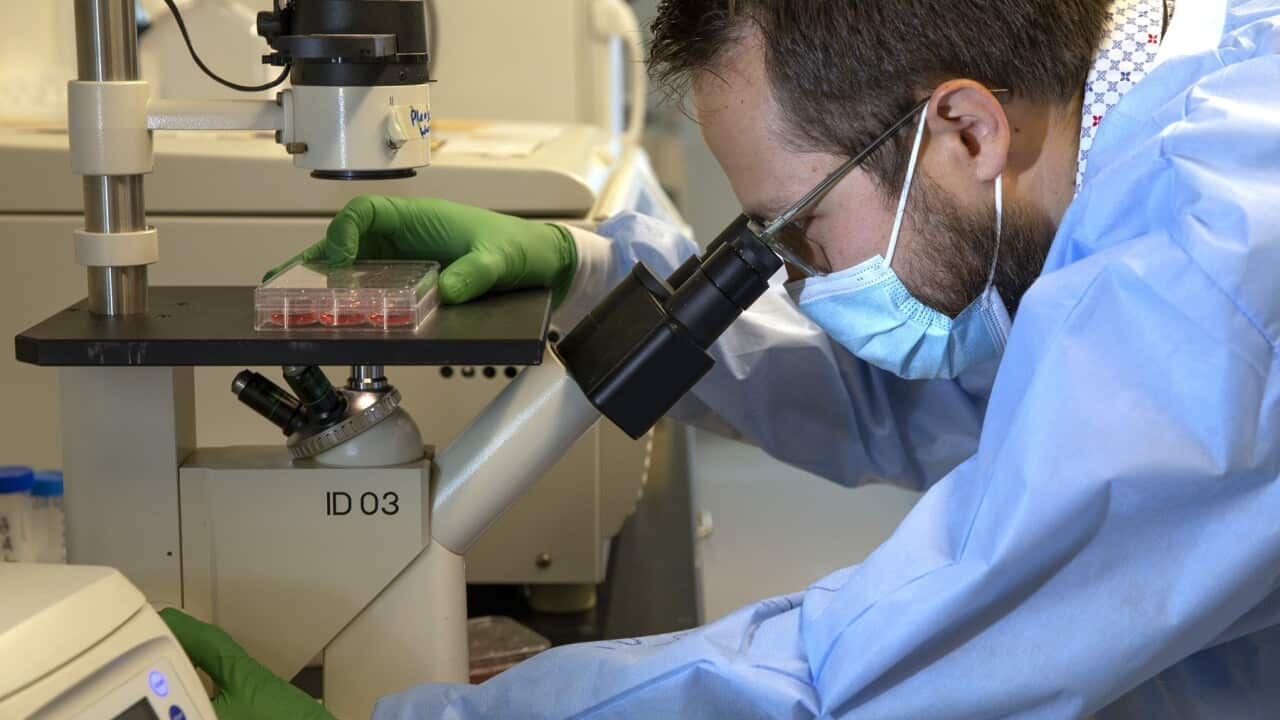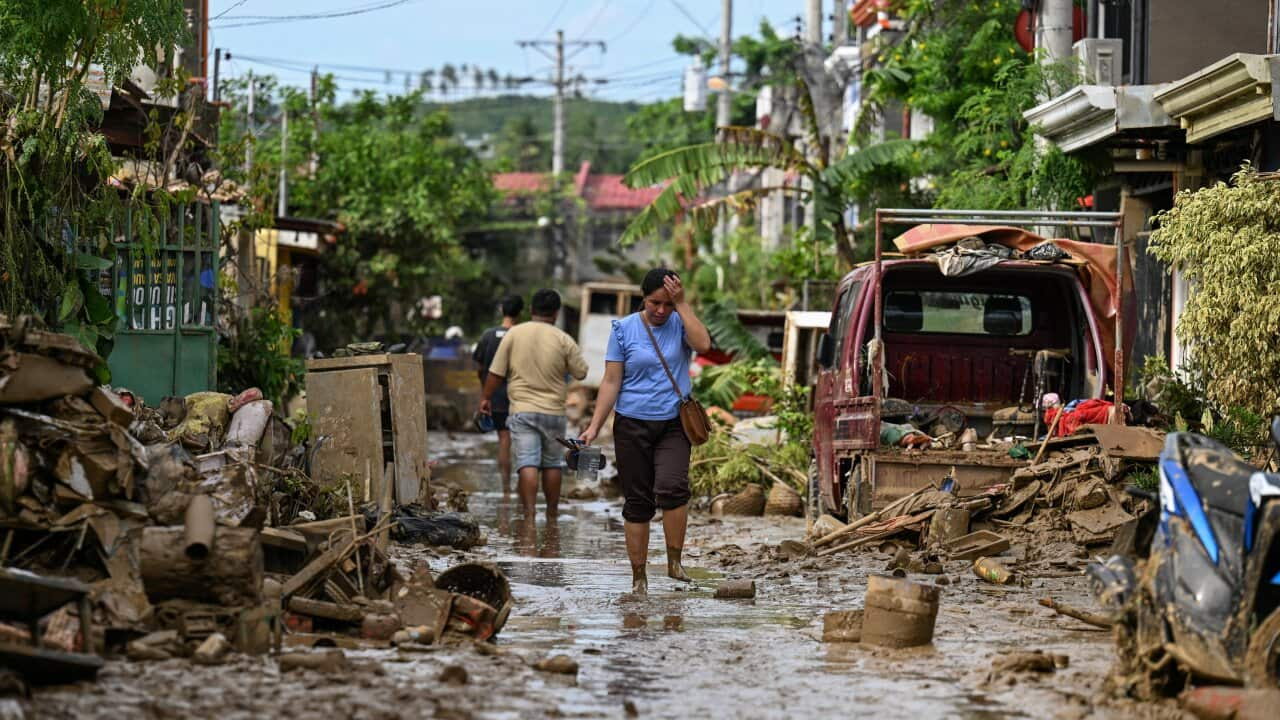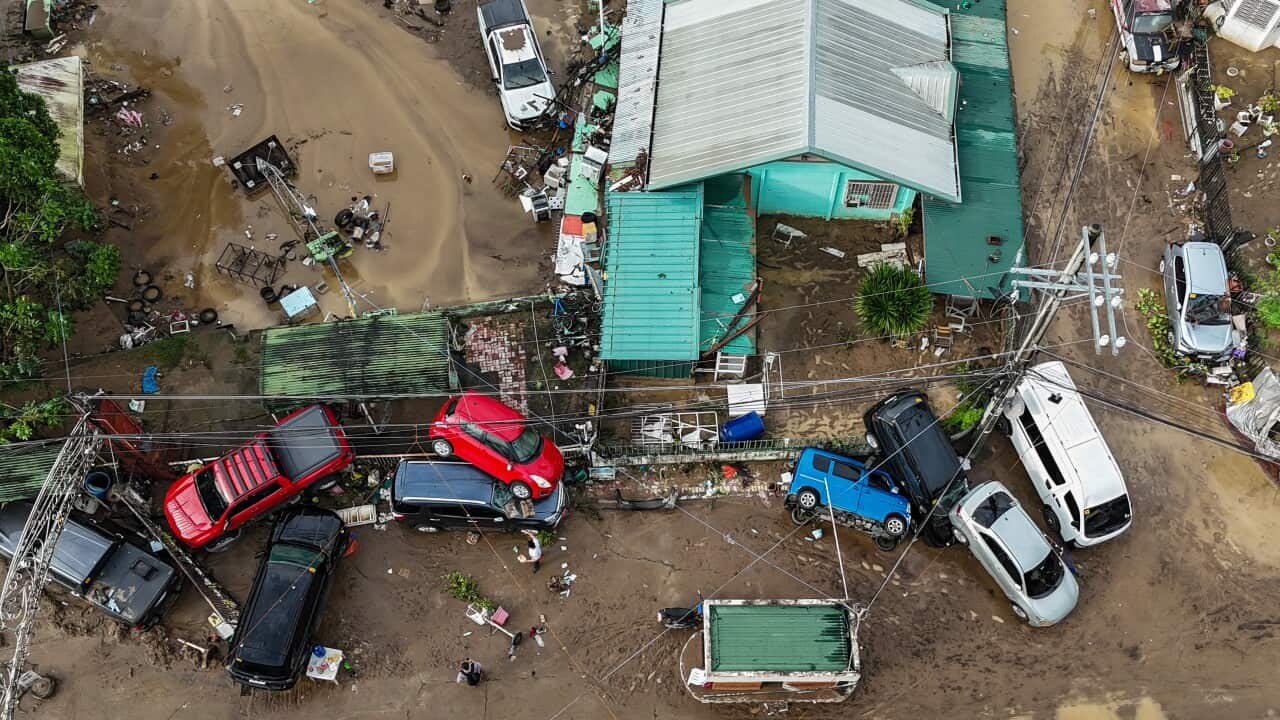Highlights
- By October, it's anticipated the entire adult population will be vaccinated
- Astra-Zeneca jab appears to have a lower chance of stopping transmission
- Pfizer says its vaccine still works well against the B117 variant that originated in the UK, but may be less effective against the B1351 that was found in South Africa.
In the past few weeks, a small group of epidemiologists have raised questions around the effectiveness of the AstraZeneca vaccine.
The majority of the Australian population is due to receive this jab this year but they’ve questioned whether it’s the best option, given studies have shown it is about 62 per cent effective in preventing COVID-19.
The Pfizer vaccine, which is being rolled out to mainly front-line workers and aged care residents, is about 95 per cent effective.
Australia has also secured agreements for the Novavax vaccine, which has yet to be approved but early trials show has an efficacy of 89 per cent.
Adrian Esterman, the chair of Biostatistics and Epidemiology at the University of South Australia, says the Astra-Zeneca jab also appears to have a lower chance of stopping transmission.
So why is Australia continuing with this vaccine?
Health experts, including Professor Esterman, say there are several reasons why Australia should continue with the AstraZeneca jab.
They say first of all, it is safe, and it works.
Recent trials have shown it is 100 per cent effective against severe disease, hospitalisation and death.
And that’s the whole point, according to University of Sydney Associate Professor Nicholas Wood, who leads the NSW Immunisation Specialist Service
There’s also new data that shows the longer you wait getting the second dose of the AstraZeneca jab, the more effective it is.
Recent studies show its effectiveness is boosted to 82 per cent if the second dose is given 12 weeks later.
The other major advantage of the AstraZeneca vaccine is that it’s cheaper and can be locally produced, unlike the Pfizer jab which has to be imported from Europe.
It also can be transported and stored at normal refrigerated temperatures, which makes it easier to distribute to remote and regionally-located Australians.
Australia only has a limited supply of the Pfizer vaccine - only 20 million.
Professor Adrian Esterman says we don’t have enough of the Pfizer jab.
"Every country in the world is trying to get hold of the Pfizer vaccine. If it was just a matter of buying it, I'm sure the government would do it, but it's not - it’s a matter of supply. The thing about AstraZeneca is we can actually make it in Australia so there's no supply issues and it does work."
Many people are also pinning their hopes on the rollout of the vaccines allowing life to return to normal.
But without a high rate of vaccinations, much of that relies on not just the prevention of the virus, but also the transmission.
Infectious diseases epidemiologist Linda Selvey, from the School of Public Health at the University of Queensland, says herd immunity is a long way away for Australia.
Herd immunity refers to the process where a majority of a population is immune to a disease or virus - and for that to occur, 80 per cent of a population needs to be immunised.




